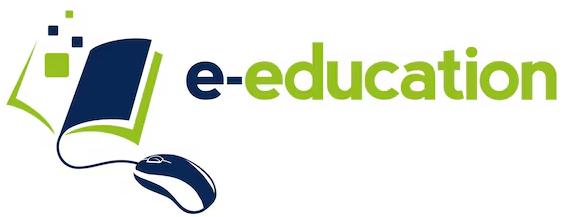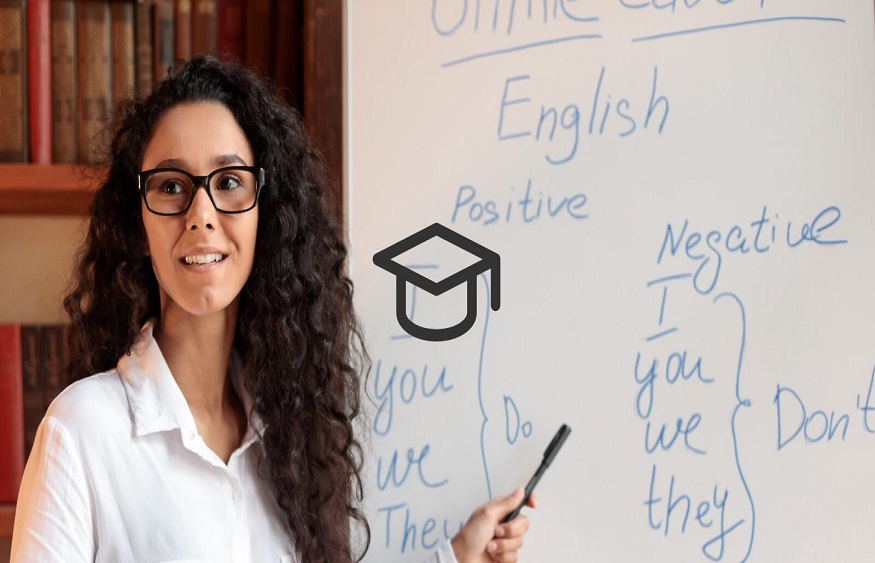This question asks you to consider your fundamental philosophy toward teaching. What is your role as a teacher or instructor? Have you adopted an objectivist view that knowledge is limited and determinate, that you are a subject matter expert who knows more than the students, and therefore your job is to transfer information or knowledge to your class group as effectively as possible? Or do you view learning as an individual development where your role is to help learners develop the ability to question, analyze, and apply information or knowledge?
Do you believe that you are more of a guide or facilitator of learning for your students? Or maybe you want to teach that way, but you have to deal with a class of 200 students, which forces you to fall back on a more didactic teaching strategy. Or maybe you want to combine the two approaches, but you can’t because of scheduling and curriculum restrictions.
Chapters 2, 3, and 4 present some choices available to help you decide how you want to teach about global philosophy.
13.3.2 What is wrong with your teaching at the moment?
Another starting point might be to think about what you don’t like about the course(s) you currently teach. Is there too much content to cover? Could you approach it differently, perhaps by asking students to find, analyze, and apply the content to solve problems or do research? Could you focus more on skills in this context? If so, how could you provide appropriate activities to enable students to practice these skills? In other words, how much of your workload is achievable by students so that you can better manage it?
Are students too diverse, for example, some students struggle a lot while others get impatient because the pace of the course is too slow? How can you personalize your instruction more so that students of all skill levels can succeed in this course? Could you organize your instruction so that students who struggle can spend more time on task or students who are faster have more advanced work to do?
Or, perhaps there is not enough discussion or critical thinking because the class is too large. Could you use technology to reorganize the classroom differently so that learners study in small groups, but in a way that you can monitor and guide the discussions? Can you break the work down into chunks that students would be able to do on their own (e.g., master the content) so that you can focus on discussion and critical thinking with students during class?
By moving much of the content online, for example, you might be able to free up more time for interaction with students in small or large groups in class or online, and at the same time reduce the number of lectures for large classes. Faculty members have reorganized large lecture classes of 200 students by dividing the classes into ten groups and moving the majority of the material from each lecture online. This allows faculty or training staff to devote at least one week to each of the ten groups for discussion, interaction, and group activities online, which significantly increases interactions with all students.
In another context, do you feel restricted by the limitations of what can be accomplished in the lab or workshop because of the time needed to set up the experiment or adjust the equipment or because students really do not have enough time for hands-on activities? Could you reorganize teaching so that students do a lot of the preparation online and can focus on what they need to do manually in the lab or workshop? Could they write up their lab or workshop experiment reports online later, for example using an e-portfolio? Can you find good open educational resources (such as videos or simulations) that would reduce the need for lab time? Or could you create good quality demonstration videos to allow you to spend more time talking to students about the implications?
Finally, are you simply overloaded with work for this course because there are too many student questions to answer or too much coursework to grade? How could you reorganize the course to more easily manage your workload? Could students accomplish more by working together and helping each other? If so, how could you create groups that could accomplish this goal? Could you change the nature of the coursework so that students do more project work and slowly build electronic portfolios of their work over the course of the course so that you can more easily monitor their progress and, at the same time, accumulate an assessment of their learning?



